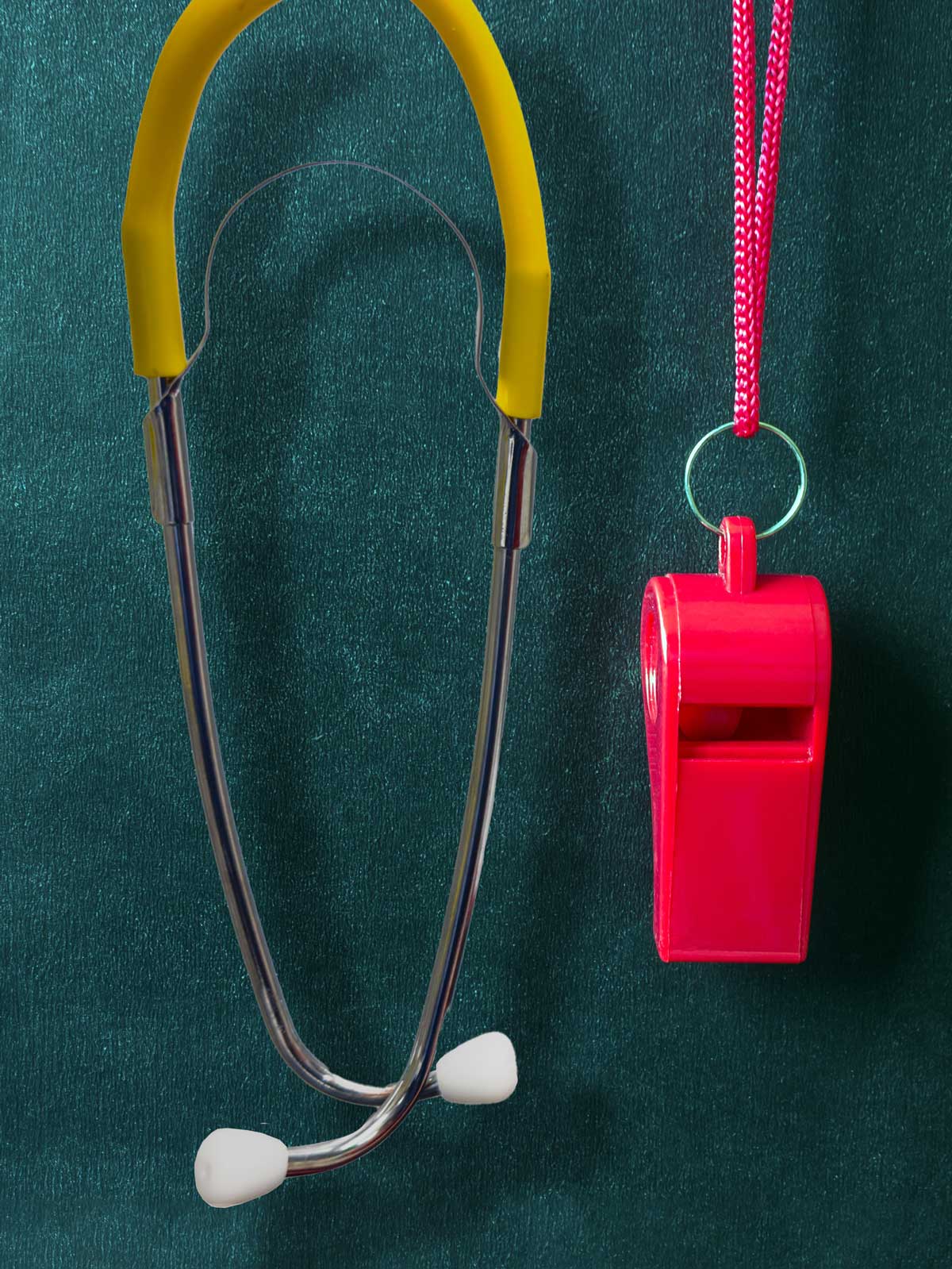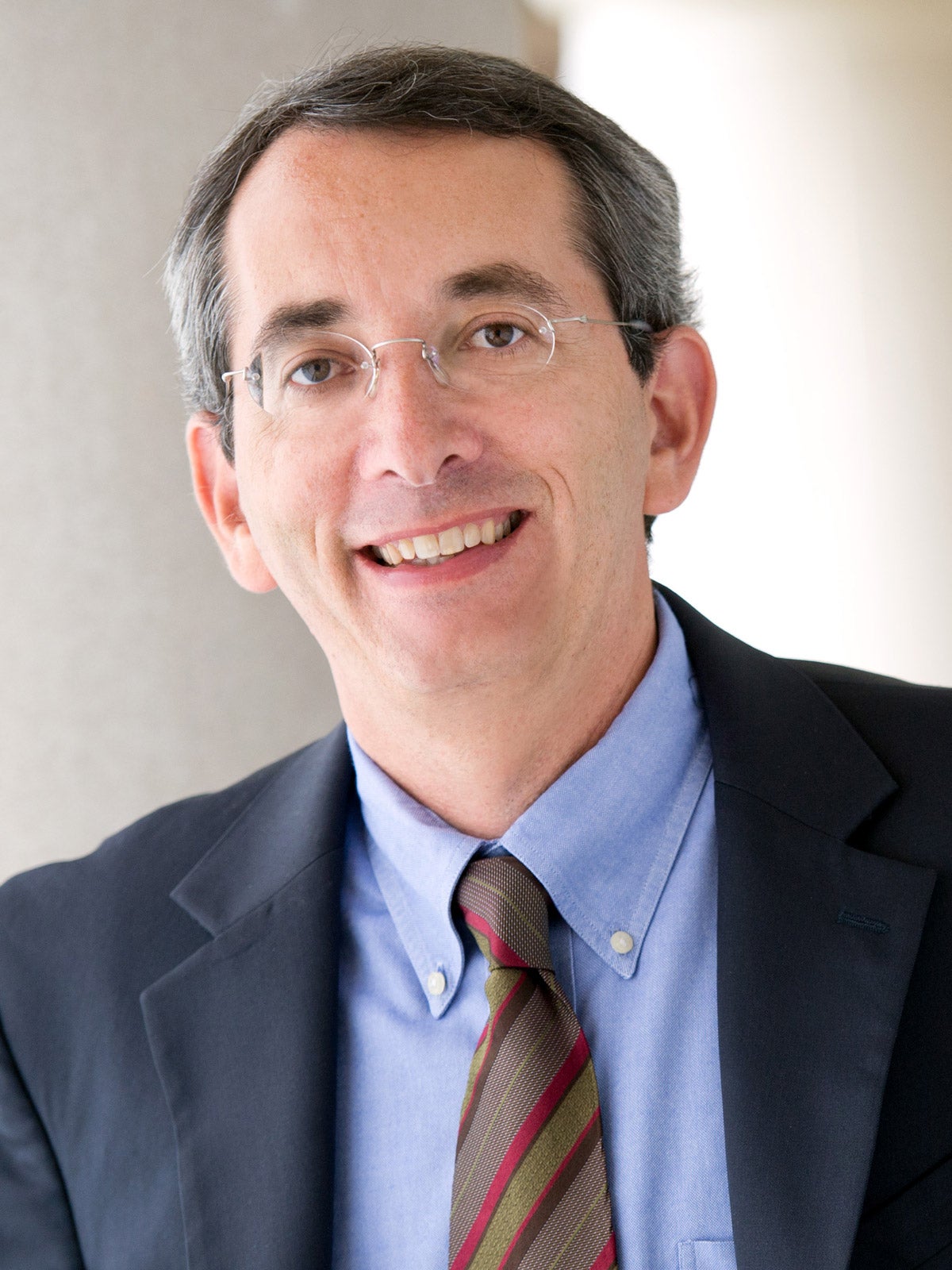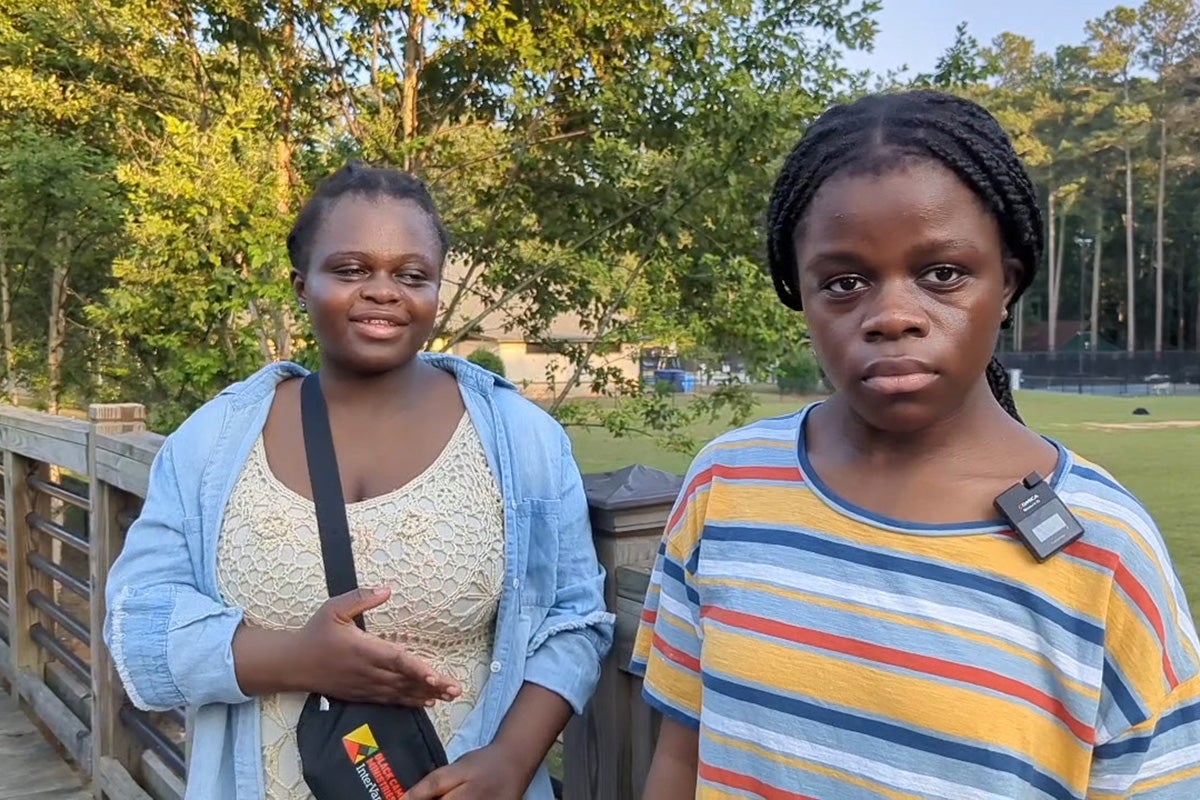
Opinion
What should happen to doctors who spread misinformation?
The spread of medical misinformation escalated during the pandemic, leading some people to reject COVID-19 vaccines and ingest unproven treatments. Now, as President-elect Donald J. Trump chooses officials to protect the country’s health, medical misinformation is again a threat to public health efforts. Robert F. Kennedy Jr., Trump’s pick to direct the Department of Health and Human Services, has promoted the discredited theory that routine childhood vaccines can cause autism. Kennedy has no medical or public health degrees.
But what can be done? State medical boards—which police the behavior of doctors and can discipline them for medical misinformation—provide one safeguard. These boards weigh the health and safety of the public against the First Amendment rights of physicians to engage in robust debate. However, medical boards were designed to monitor issues such as overprescribing and sexual misconduct, not surveil what physicians post online or say at community meetings, says Richard Saver, professor in the School of Law at the University of North Carolina at Chapel Hill.
Sign up for Harvard Public Health
Delivered to your inbox weekly.
“If we want medical boards to move to take a more proactive approach here, and not just be reactive to complaints, it is going to require a lot more cost-intensive, resource-intensive surveillance efforts,” he says.
Saver recently authored a study that found state medical boards in the five largest U.S. states rarely disciplined physicians for spreading medical misinformation during the COVID-19 pandemic. He spoke with Sarah Muthler for Harvard Public Health. This interview has been edited and condensed.
HPH: Why did you decide to investigate this issue?

Saver: There were news reports of physicians, particularly at the start of the pandemic, who were spreading some fairly questionable, controversial claims, and there seemed to be increasing public interest about whether these physicians were acting professionally in doing so. As I looked into the issue, I was gleaning that there was very little discipline going on and also appreciating that medical boards probably were facing barriers, both very technical legal issues and larger questions of institutional resources and commitment.
It raised, in my mind, this larger question: Are medical boards well suited to deal with this problem and to police medical misinformation by physicians?
HPH: What were your findings regarding discipline for medical misinformation?
Saver: Less than one percent of the offenses that brought a physician to discipline by a medical board involved misinformation conduct of any kind. Misinformation offenses were exponentially below the more common reasons medical boards were disciplining during [the pandemic], like ordinary physician negligence, inappropriate record keeping, and inappropriate prescribing.
HPH: Can you talk about the challenges of defining medical misinformation?
Saver: It is a real challenge, and I think that can partly explain why medical boards may have been a little hands-off. There appear to be two leading definitions in the literature. One would be to look to medical or scientific consensus about whether the statement is false. The other would be to look to the best available evidence about whether the statement is false.
If you look at consensus, what does that mean? Particularly for an emerging disease threat like Covid, where we may not have fully peer-reviewed literature about the topic.
There’s this very delicate balancing act of wanting to go after clearly egregious instances of spreading falsehoods but leaving room for physicians to legitimately challenge what appear to be orthodox medical views.
Medical boards were three times more likely to sanction a physician for spreading misinformation to their patients in the clinic as opposed to a public setting.
HPH: The current reporting system is driven by patients coming forward with complaints. How does that influence what the medical boards are investigating?
Saver: In the case of misinformation, some patients exposed to it may not know it is misinformation or know they can report this to the medical board.
Medical boards usually don’t go to school board meetings and community board meetings. They’re not surveilling social media posts of licensed physicians, and so they’re not going to get a handle on this unless they have more proactive surveillance.
HPH: How is a posting by a doctor on social media or a public statement treated differently from what is said to a patient one-on-one?
Saver: We found [that] although misinformation sanctions were low overall, medical boards were three times more likely to sanction a physician for spreading misinformation to their patients in the clinic as opposed to a public setting.
When a physician has a patient in front of them and has assumed legal, ethical, and fiduciary responsibility for that patient’s outcome, the advice they give is tailored to that patient, and they may be more circumspect in what they’re going to say. When they’re out in public, contributing to robust debate, they may feel that they have the freedom to be overly rhetorical, exaggerate, embellish, what-have-you to contribute to public discourse. They do not have a doctor-patient relationship with members of the public.
HPH: Outside of state medical boards, are there other entities that could address this in some way?
Saver: Other promising entities that might get involved are private, medical-specialty boards, like the American Board of Internal Medicine. A private entity is not subject to the same First Amendment limitations that a public entity like a state medical board is. That gives these entities a little more maneuvering room to maybe take board certification away from some of their physicians.
There are also private health systems and even private hospitals that have started, on a very incremental basis, to remove the medical staff privileges of physicians who they think are putting out problematic statements to the public.
And then there is perhaps the easiest, although ultimately the least satisfactory, alternative, which is governmental health authorities putting out counter speech. Rather than punishing the doctor, try to alter the information environment and put out more accurate information directly counter to what a renegade doctor has said. In theory, that will help. I say “in theory,” because counter-speech—we have to be realistic—is going to be of somewhat limited effectiveness in our very polarized environment with distrust of traditional government and science authorities.
Source images: Isaac Lee, Liountmila Korelidou / iStock
Saver: The University of North Carolina School of Law


